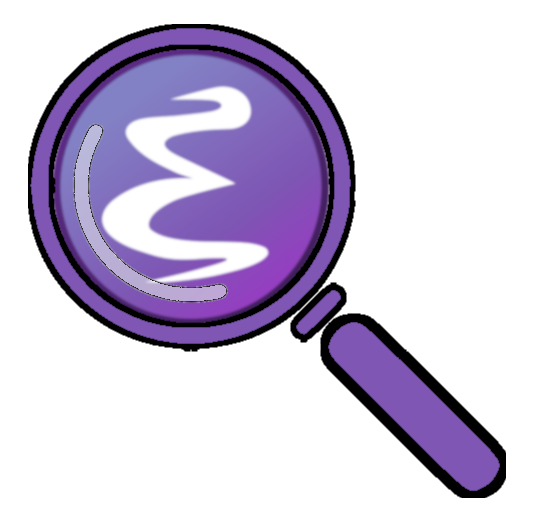M-x Research

Emacs powering research
The Community
M-x Research is a community of Researchers and Research Software Engineers, first conceived in the UK Research Software Engineering Society Slack channels.
We meet virtually every 1st and 3rd Tuesday of every month at 4pm (UK time) to dicuss and share Emacs experiences, tips, tricks and tools useful for researchers and research software engineers.
Environment
We strive to be welcoming and inclusive and to recognise the diversity of backgrounds and experience in the Emacs world. Newcomers and veterans are all welcome. Ultimately we are all learners.
Events
Join our meetups on Zoom by following https://tiny.cc/mxresearch @ 4pm (UK time)
Get in touch (details below) to request a password.
Add the shared calendar on google calendar or as an iCal link. We are also on mobilizon, our federated organization and mobilisation platform. You can also subscribe there to our events iCal calendar.
2023
30th December 2023
Reviving the site (and our community) - 2023 summary and plans for 2024
Our last post in the site was from January 2022!! That’s almost two years ago. Most probably, whoever who visited this site in that time thought we were not doing anything anymore. But that’s not true!
In 2023 we’ve continued with Jens Jensen’s functional programming lectures, our sessions of Show & Tell where Vidianos has been the most active presenter! Some of us were lucky enough to meet in person at some of the RSE events.
2022
21st January 2022
Start of a new year!
A new year has started, and with it some resolutions!
I’m continuing an amazing work that Mark Dawson started two years ago! Unfortunately, Mark cannot commit this year to be as present in our small community, but he will still be around (👋 Mark!).
Some of us met last Friday to discuss what kind of things we would like to do in this year, and we’ve come up with a plan. First thing to notice is the change of times of our regular meetings! We will be meeting on Tuesdays between 16’00 and 17’00 UK time. Read below to know more about our future plans!
2020
6th August 2020
Demo and discuss: lsp-mode
RSEs often need to work with multiple programming languages. The Language Server Protocol (originally from Visual Studio Code) was designed to allow multiple language backends to provide a consistent interface to code completion, refactoring, jumping to symbol definitions, syntax highlighting, error messages etc. The lsp-mode package bring the power of LSP to the emacs world. @Chris Cave-Ayland has kindly agreed to lead an interactive demonstration to introduce lsp-mode, followed by opening the floor for an open discussion on using of lsp-mode to create a consistent development experience across multiple languages.
20th August 2020
Live code: M-x Research
Following on from our introduction to elisp (thanks @jjensenral), in this session we’ll give those new to programming emacs a chance to see some customisation using elisp in practice. This will be an interactive session, in which we’ll build up some simple functions in elisp. We’ll build a package for connecting to our Zoom talks from Emacs, with a few extra bells and whistles. The aim of this session is to build confidence to start writing your own elisp functions or to understand functions that you will find in the wild.
3rd September 2020
Demo and discuss: org-babel
Org-babel is a powerful extension to org-mode which allows embedding executable code snippets into org documents. Org-babel allows a multi-language computing environment using literate programming techniques, particularly for reproducible research. This results in an environment similar to Jupyter notebooks or RMarkdown, but with the advantage of being able to pass data between multiple languages. @tlestang has kindly agreed to lead a demonstration of the basic features of org-babel, followed by opening the floor for an open discussion on the uses of org-babel for reproducible research.
17th September 2020
Lightning Talks: I wish I’d known sooner…
If you could pass one nuggets of emacs wisdom to your former self, what would it be? In this session, we’ll be inviting people to share their nuggets of wisdom to their former self. Maybe a command, an editing trick or a philosophy.
1st October 2020
Demo and discuss: Magit and version control
Magit is a quick, comfortable and advanced interface to git from inside emacs. With a bit of familiarity, version controlling projects can become both easy and powerful. @mose has kindly agreed to demonstrate the use of magit in emacs to stay in control of version control. As in previous sessions, this will be an interactive demonstration, followed by a discussion of magit and version control tips, tricks and tools in emacs. (edited)
Contact Us
To speak at an event or propose a topic, get in touch on the #emacs channel of UKRSE Slack, M-x Research in [matrix] or email David Pérez-Suárez
You can also find us at Mastodon.